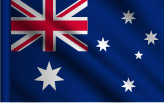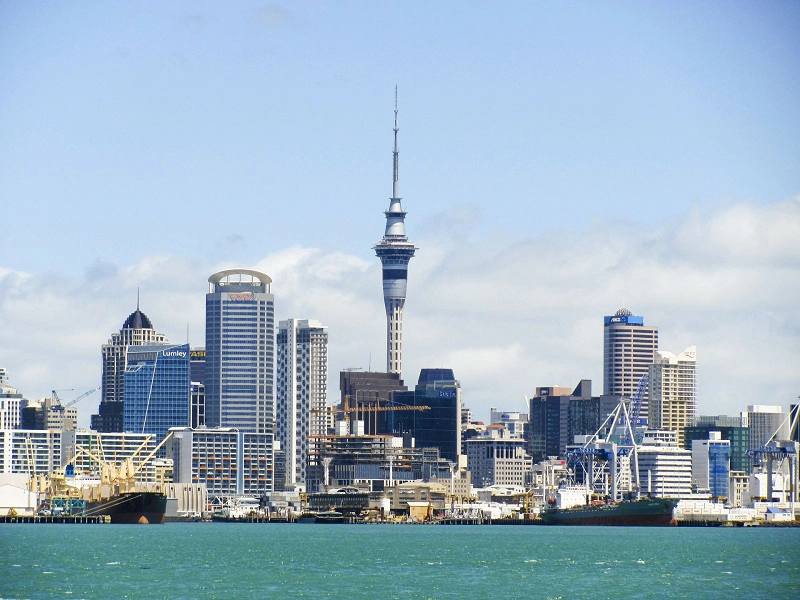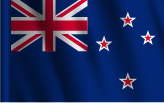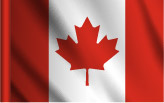With nearly 19 years’ of experience and more than 450,000 successful student placements around the world, we know how to access your profile perfectly and choose a program to set you up for a successful career.
Do your research! Investigate courses, universities and their locations. Look up on the teaching modules, research opportunities, campus life and employment prospects before you narrow down your selection. You can ask your friends and family or reach out to the alumni of universities you are interested in for a wider perspective. Use Facebook or LinkedIn to reach out to them more effectively. Also, do remember to include your budget and available scholarships as a part of your research. We understand researching can be an exhausting process, but we can help you. Come to your nearest office for a free counselling session and we’ll guide you to your career path.
When you’re ready, make an appointment with a counsellor. Our counsellors are professionally certified and many have been international students themselves. They’re a friendly with the wealth of first-hand professional and personal experience from different study locations all over the world. Bring your wish list and course preferences along with you on the date of your appointment as a starting point. Your counsellor will work through all the big and small details to ensure the best possible fit between you, your future university and your area of study.
After you’ve chosen your course and university, it’s time to apply. Your counsellor will support your university and course applications. They will personally contact your chosen university or school to smoothen the process and help improve your chances of acceptance. We take our job very seriously and follow the strictest legal and ethical standards. If you need to take an English test to qualify for your course, practice hard to get good grades. In a test such as IELTS, it is important to be grammatically sound besides having a wide range of vocabulary.
Once your application is received, the university or school will assess it thoroughly and notify you accordingly. It can take up to a few weeks (or longer for postgraduate levels) for your application to be processed. If your application is successfully selected, you’ll receive a letter of offer and an acceptance form. Before you accept the offer, go through it carefully with your counsellor to check for any conditions that maybe applicable. If you are accepted for more than one course or school, your counsellor will help you decide on the best option for you.
After accepting the letter of offer, the most important task is to apply for your student visa. Since each country has its own set of formalities to fulfill, your counsellor will guide you through the visa application process and help prepare the documents needed for your submission.
Here’s a student visa checklist!
For a detailed document list as per your chosen country, discuss with your counsellor.
Unless you have been offered an on-campus accommodation, you’ll have to figure out where to live when studying abroad. You can look for rooms on rent, homestay or find a local host. The cost will vary from city to city. If you opt to rent an apartment, you will have to additionally pay for utility bills like electricity, internet, water usage and also tenant’s insurance (in some areas of housing).
Make sure you book your flights well in advance. Try and look at the options with a good amount of time in hand so you can monitor the price change and book at the lowest fares. Do check for the entry requirements in your host country and for baggage allowance fees.
Congratulations – you’re off to a big adventure. There will be many last minute things to do before you consider flying overseas. Your counsellor will guide you for this too. This will include matters such as money exchange, insurance, accommodation, SIM cards, opening a bank account, country rules and adapting to new culture. We also host regular pre-departure sessions throughout the year to help prepare you for student life in your new country.
what to pack and what not to pack
Being organised when you are packing will save you a lot of time and hassle to start a new life in a new country. To make it easier, we have collated an extensive list of what to pack and what not for you. You can download it here.


Students are attracted with highly Advanced Academic Qualifications and Great Carrier Opportunities


Excellent Living Conditions Practical Oriented Courses and Highly Academic Universities.


Great carrier Prospects and Permanent Residency Opportunities Attract Many International Students.


Students are attracted with highly Advanced Academic Qualifications and Great Carrier Opportunities


Students are attracted with highly Advanced Academic Qualifications and Great Carrier Opportunities


Students are attracted with highly Advanced Academic Qualifications and Great Carrier Opportunities
My overall experience here in INTERNATIONAL ACADEMY was excellent. I got Australian student visa for studying. My dream come true moment was made possible with International Academy and I would like to thank them for that.
Nivea Susan Mathew
I got student visa to my dream country through international academy. They helped me a lot in finding a good college and with my visa documentation and processing. I recommend International Academy to all those who seek to study abroad.
Neethu K Sajeevan
International academy provide us excellent service. Moreover, all the staffs are so supportive. Got my students visa for Australia. 100% satisfied with international academy for their best service. I would definitely recommend every one.
Joffin Korah
When I planned to study Australia , after lots of research on net I found this agency, which has good reviews and good reputation. From the first step to the last step the agency helped me through the process. I would recommend this agency to anyone who seek me for assistance.
Anjana Thomas
I am satisfied with the service provided by international academy Kochi. I managed to get Australian student Visa so fast.
Rachel Baby
Excellent services. All the staffs are very supportive and caring. They were always with me for answering and clearing my doubts in all stages of visa processing.
James K George
Thank you international academy for getting my student visa to Australia as early as possible. All the staffs out here helped me a lot in every stage of the processing of my application. I would recommend students to International Academy for those who seek study abroad guidance.
Rejish Raphael
100% recommended, I am very delighted to say that I've received my student visa with the help of professional approach of international academy. Excellent guidance from start to end is their key highlight. Thank You Team
Shyamili A
I am very happy to receive my Australian student visa with the help of international academy. They are very supportive and I am thankful to the entire staffs.
Anisha Lukose